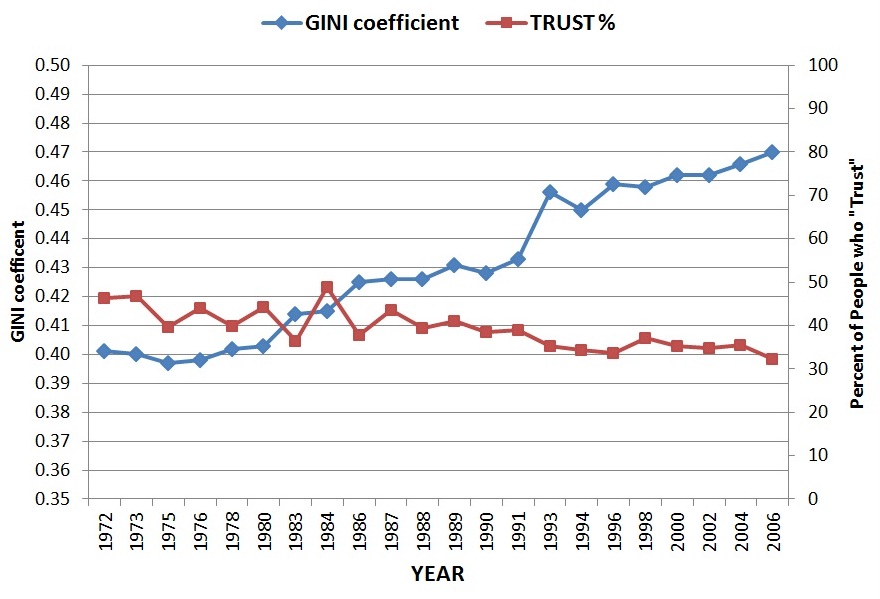It appears that the newly dominant Labor Party in the Northern Territory may be contemplating a legal challenge to the validity of the election of former CLP Chief Minister Terry Mills as an Independent MLA in his former seat of Blain.
Labor will likely hold 18 of the 25 Legislative Assembly seats anyway, but it seems that semi-complete dominance is just not enough. Presumably Labor sees Mills as a potential threat because he is the only surviving conservative-leaning MLA around whom shell-shocked Tories could plausibly coalesce and rebuild. Such a role for Terry Mills would have seemed inconceivable just over three years ago when he was deposed as Chief Minister in a typically opportunistic coup by the now reviled and rejected Adam Giles. At the time Mills was about as popular as a halal kebab at a One Nation barbecue, having presided over large increases in power and water rates that were undoubtedly economically responsible but equally undoubtedly politically inept.
As a Territorian who wants to see an effective Opposition and diverse political representation rather than an elected dictatorship, I would be sorry to see a successful challenge to Terry Mills’ election. But as a public law academic a court challenge is a fascinating prospect. It would deal with some interesting and unresolved issues in electoral law.




